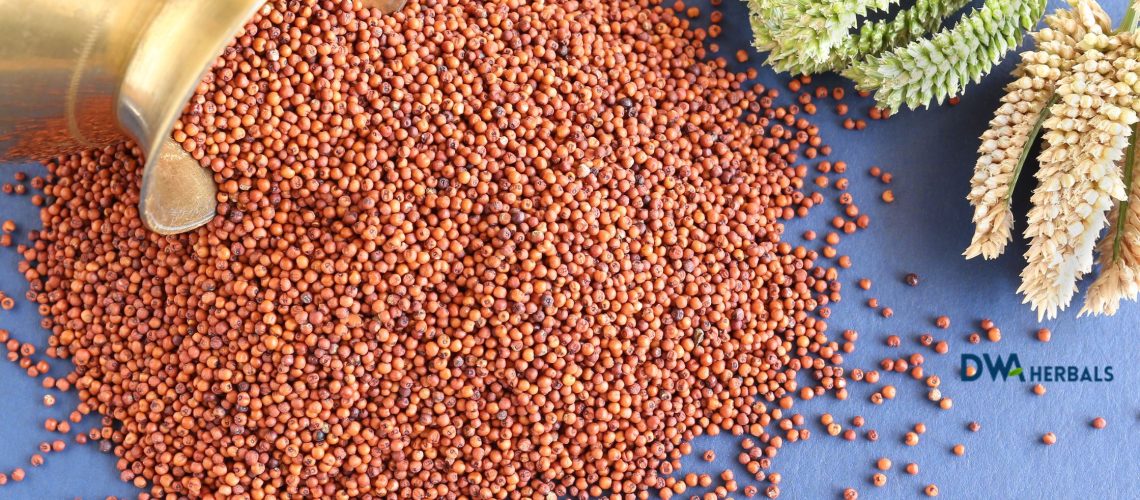
Millets are small, round grains that have been grown for thousands of years. Though they might not be as popular as wheat or rice, millets are gaining attention for their incredible benefits. Here’s why these tiny grains are so important for our health, our planet, and our future.
Millets are packed with nutrients. They are rich in:
Eating millets can help prevent nutrient deficiencies and keep you healthy.
The high fiber content in millets aids in digestion. It can help prevent constipation and promote a healthy digestive system. Because they are gluten-free, millets are an excellent option for people with celiac disease or gluten intolerance.
Millets have a low glycemic index, which means they release sugar slowly into the bloodstream. This helps in managing blood sugar levels and can be particularly beneficial for people with diabetes.
Rich in magnesium, millets can help reduce blood pressure and lower the risk of heart diseases. They also contain niacin, which helps lower cholesterol levels.
Millets are not just good for you; they are good for the planet too. Here’s why:
By choosing millets, you are supporting farming practices that are kinder to the environment.
Millets can be used in many recipes, from breakfast porridges to savory dinners. They can be cooked like rice, made into flour for baking, or even popped like popcorn. This versatility makes it easy to include millets in your diet in various delicious ways.
For farmers, growing millets can be more cost-effective. Because these grains are hardy and need fewer inputs, they can save on costs related to water, fertilizers, and pesticides. This can help improve the livelihoods of farmers, especially in regions prone to drought.
You can also Read https://posts.gle/BawjTr
Incorporating millets into your diet is simple and can be done in many tasty ways:
Millets are small grains with huge benefits. They are nutritious, good for digestion, help manage blood sugar, and promote heart health. Additionally, they are environmentally friendly and economically beneficial for farmers. With their versatility and delicious taste, millets are a great addition to any diet. By choosing millets, you are making a healthy choice for yourself and a sustainable choice for our planet.
So next time you’re at the store, grab a bag of millets and start exploring the wonderful world of these amazing grains!
Dr Sushil is a researcher and founder of D WA Herbals with objective of providing healthy longevity to society. His aim is to develop food and drink-based products by using the inherent qualities of traditional herbs by optimizing their effect through modern technology, making our products extremely user-friendly. The research is focused on various lifestyle issues such as anxiety, stress, metabolism, digestion, immunity and may more which impact the health and lifestyle.
© 2023 DWA HERBALS. All Rights Reserved. Designed by NXlogy